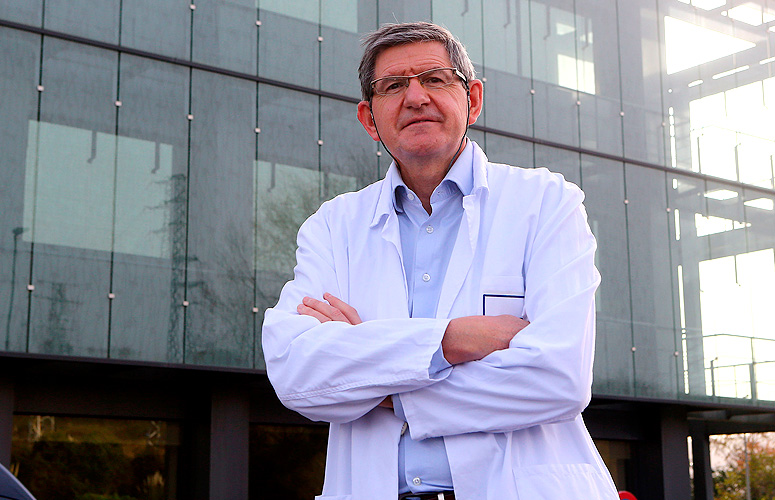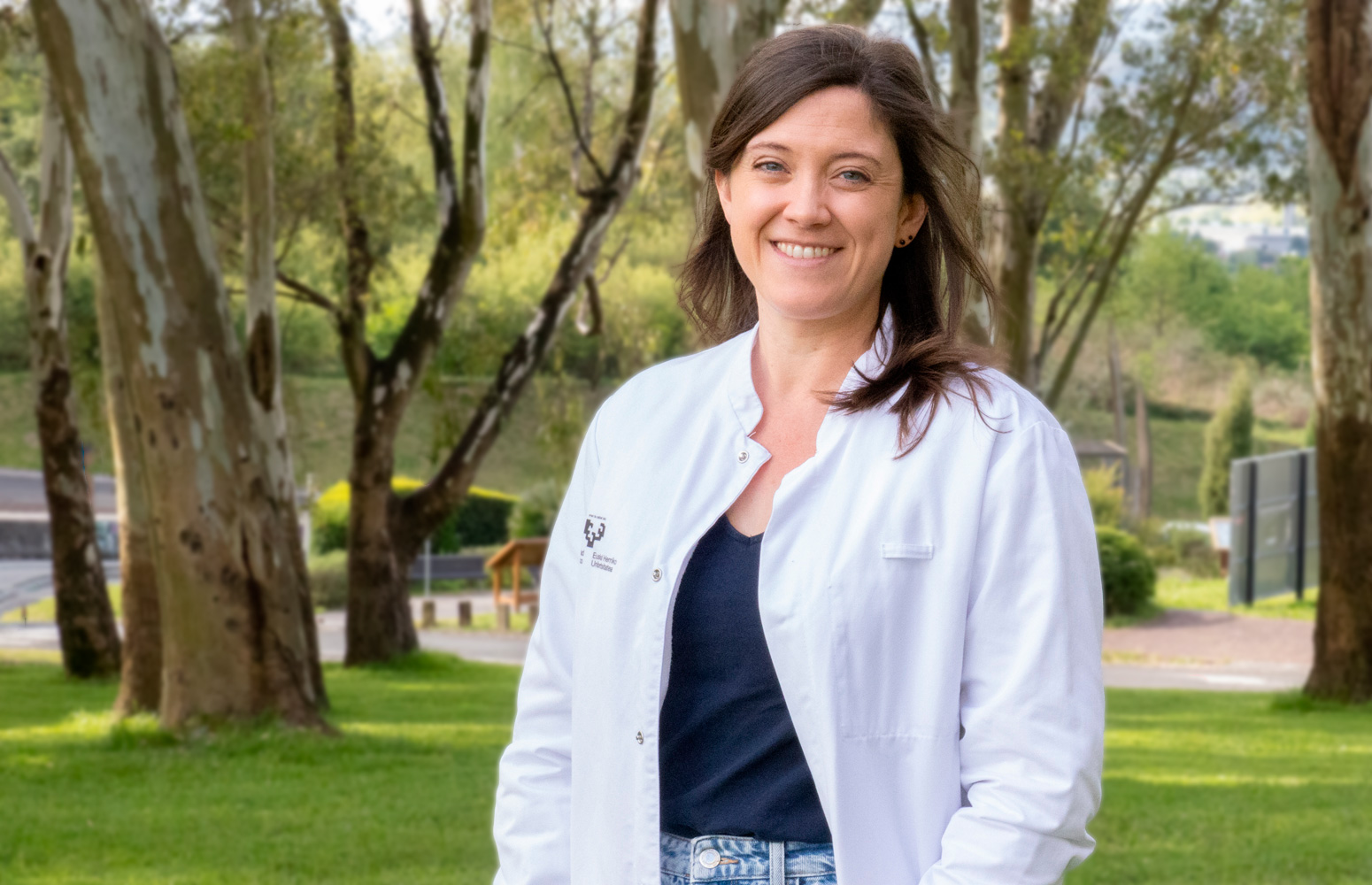During the peak of the COVID-19 pandemic in March and April, a major decrease was observed in the number of endoscopies and urgent gastrointestinal procedures performed: the number of urgent abdominal surgeries dropped by 25% and that of emergency endoscopies dropped by 44%. Also, the number of deaths rose by 43%, an increase that cannot be justified by the COVID-19 virus alone.
Major drop in urgent gastrointestinal procedures during the pandemic
People's fear of catching COVID-19 has meant that serious situations did not receive urgent medical attention
- Research
First publication date: 03/03/2021

During the peak of the pandemic in March and April, the number of hospital admissions due to non COVID-related pathologies was 36% lower than in the same period of the previous year (2019). During this time, 40% fewer scheduled surgical procedures were performed. 'We were struck by the drop in emergency gastrointestinal procedures during this period,' states Luis Bujanda, Professor of Medicine at the University of the Basque Country (UPV/EHU), Director of the Digestive Disease Department at the Biodonostia Institute and head of the CIBER group for Hepatic and Digestive Diseases (CIBEREHD).
A study coordinated by Dr Bujanda has found that during the first wave of the COVID-19 pandemic, there was a 25% drop in the number of urgent abdominal surgeries performed (appendectomies, cholecystectomies, anorectal abscesses) and a 44% drop in the number of emergency endoscopies, a procedure generally indicated in cases of gastrointestinal bleeding and impaction of a foreign body which, in theory, cannot be delayed by more than 24 hours.
The study also explored data linked to the increase in mortality rate: 'during this same period, the number of deaths rose by 43%, of which only 25% can be explained by infection with the COVID-19 virus'. Moreover, the number of gastrointestinal perforations increased by 40%.
Patients were admitted to hospital at an advanced stage of their pathology
The Professor from the UPV/EHU warns that 'this higher mortality rate was not only due to the COVID-19 virus, but also to other pathologies suffered by patients who did not seek medical help or did so only at a very late stage'. Indeed, as a result of A&E departments and hospitals being overwhelmed, the Health Authorities urged the general population to stay at home and avoid going to primary healthcare centres or A&E unless absolutely necessary. Moreover, due the saturation of hospitals with COVID-19 cases, the number of hospital admissions and elective surgeries also decreased.
The study suggests several different reasons for the drop in numbers observed. 'Some patients probably played down their symptoms and waited longer before seeking medical aid,' explains the Professor. In the general emergency department, surgical procedures followed a similar pattern, with the number of emergency appendectomies, abscesses and cholecystectomies dropping also. 'Antibiotics may have been used more during the COVID-19 period, enabling some of these conditions to be resolved, but in other cases, they were not enough to control the infection and ended up turning into more serious conditions, such as secondary peritonitis caused by gastrointestinal tract perforation,' he adds. However, the authors of the study found no obvious explanation for the decrease in the treatment of colonic obstruction or volvulus through endoscopy, although it may be related to a probable increase in acute abdomen and peritonitis.
People's fear of catching COVID-19 may have meant that serious situations did not receive urgent medical attention. Bujanda reminds the population that 'if they experience new symptoms that do not abate after 24 hours, they should consult with their physician. Moreover, we recommend a face-to-face appointment in order to enable patients' conditions to be properly assessed'.



